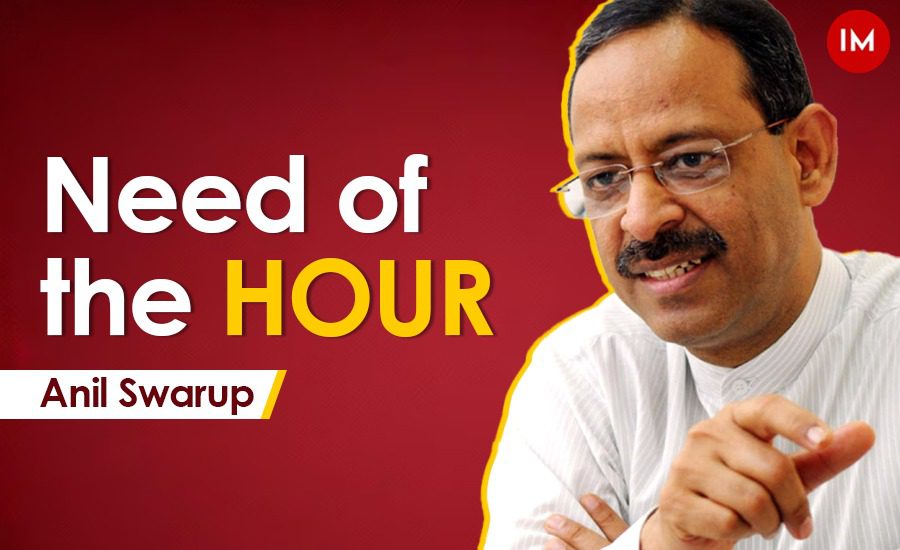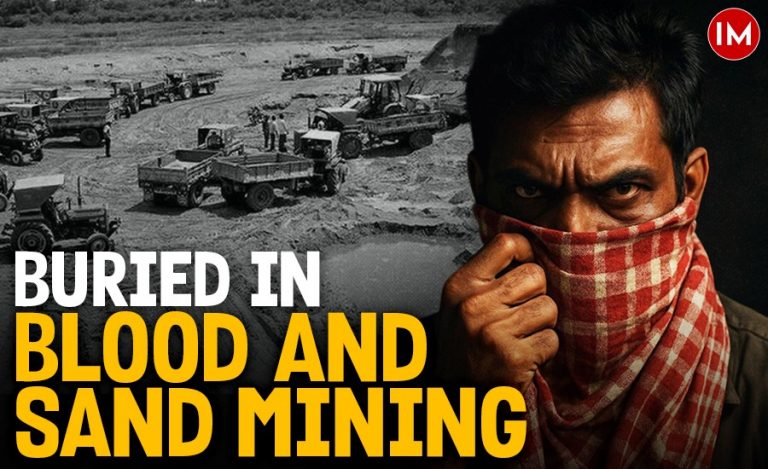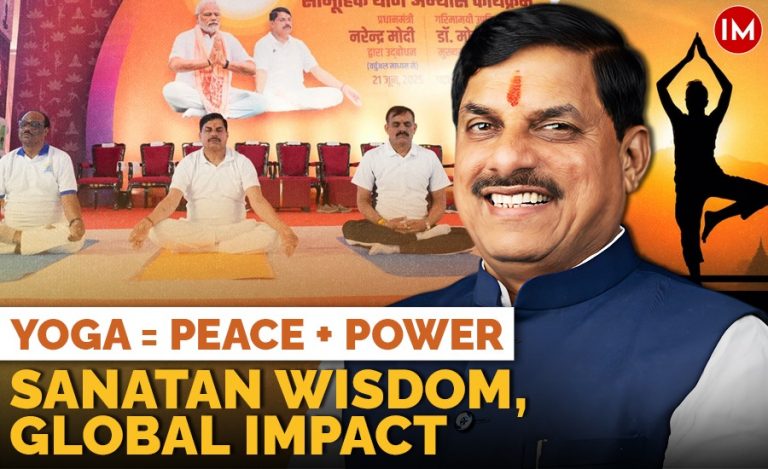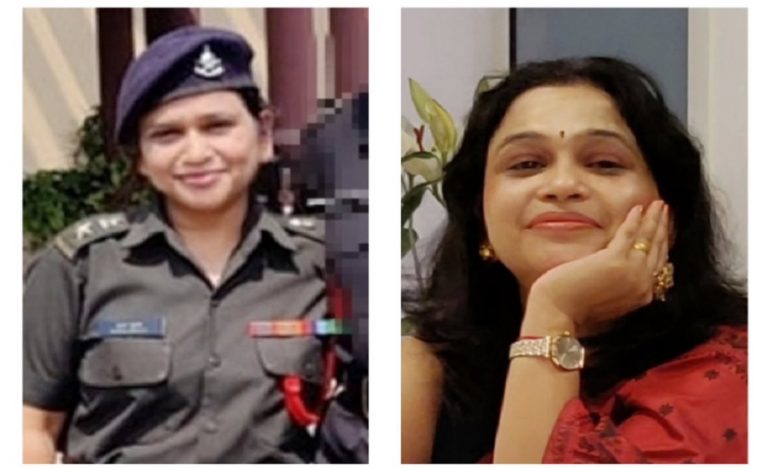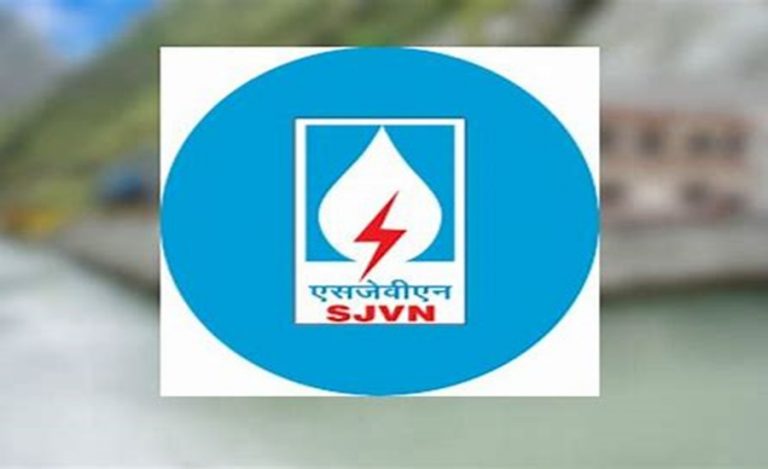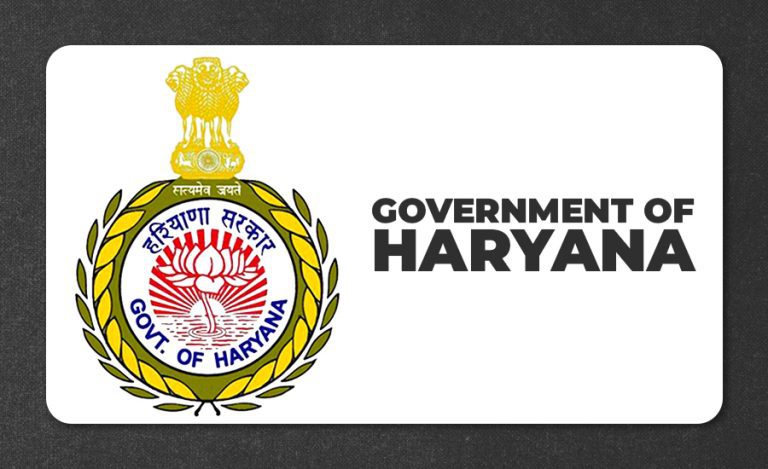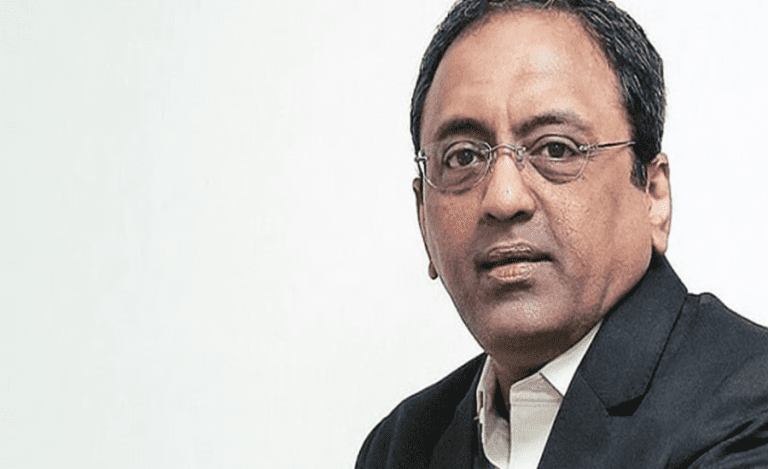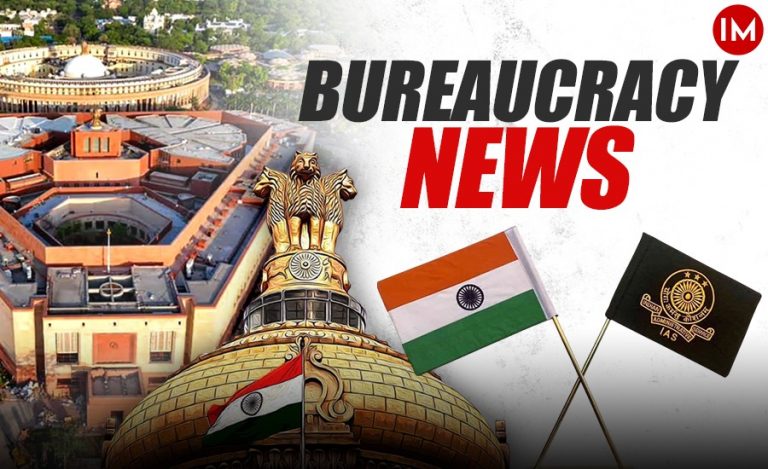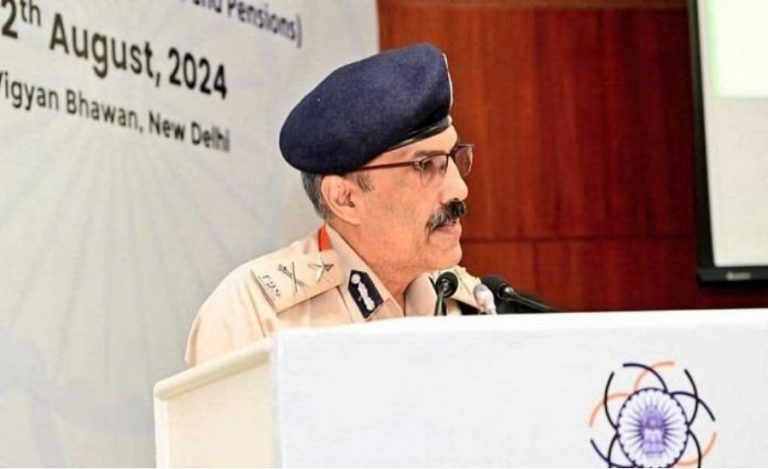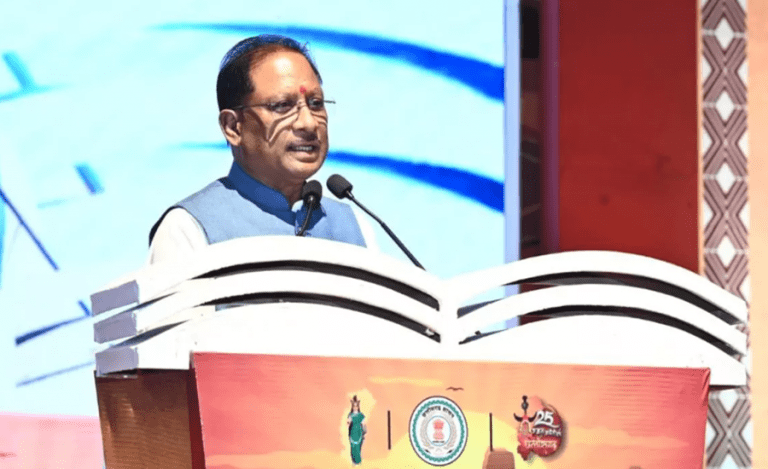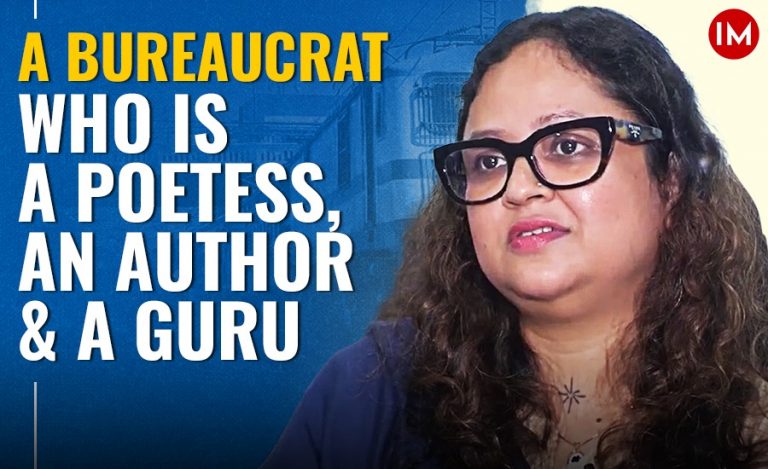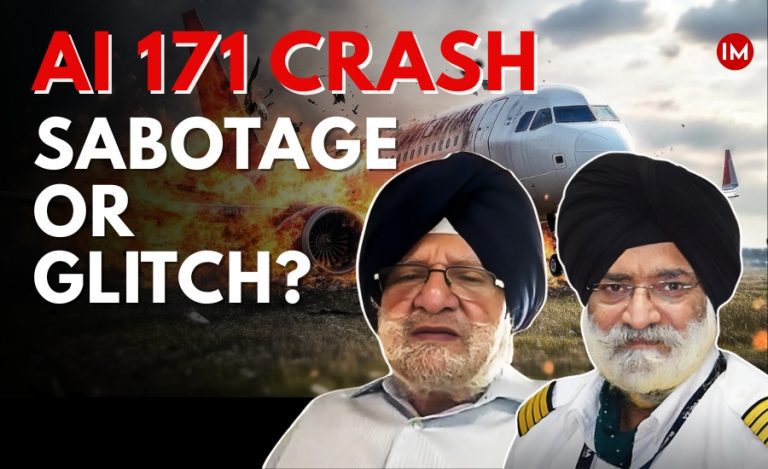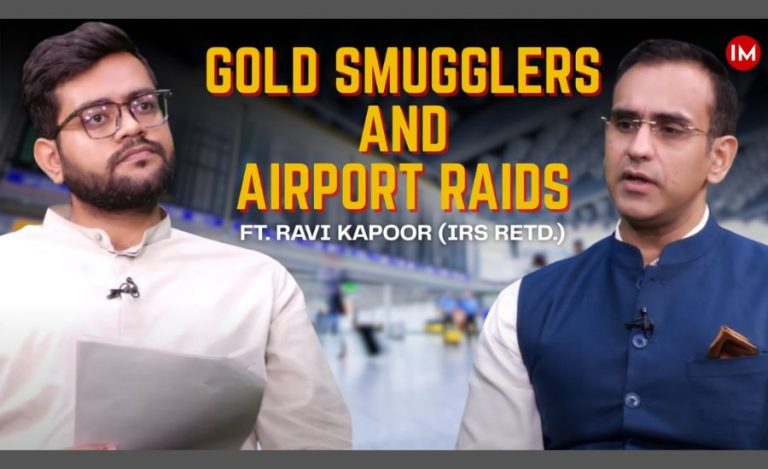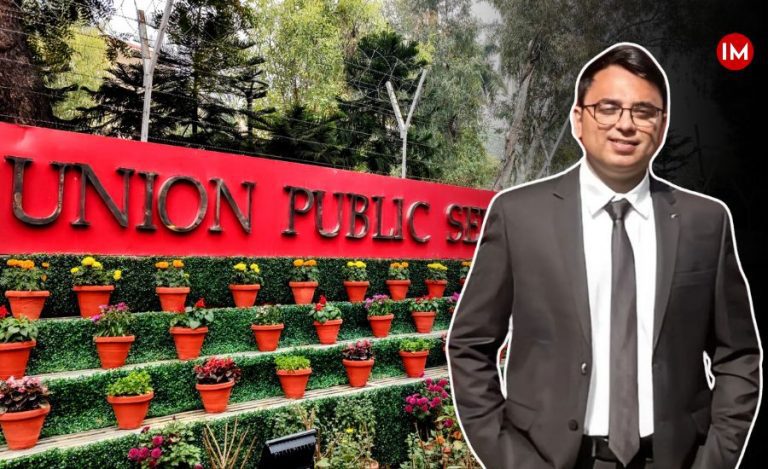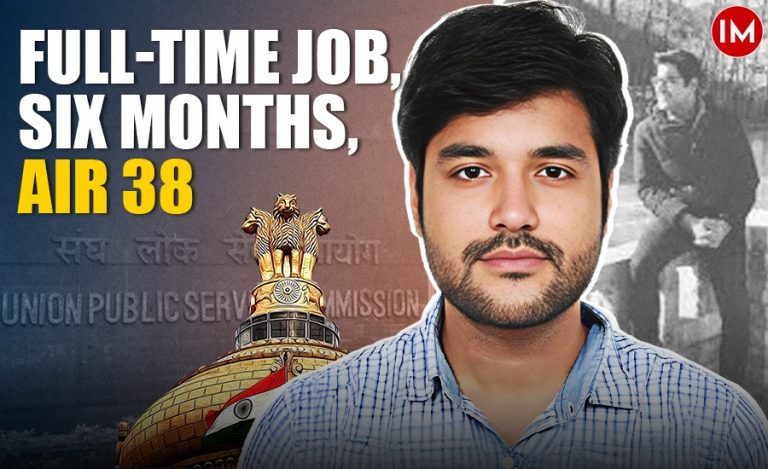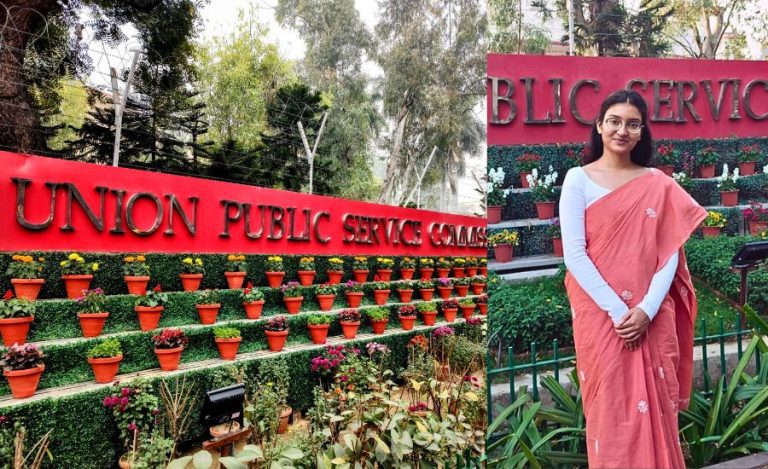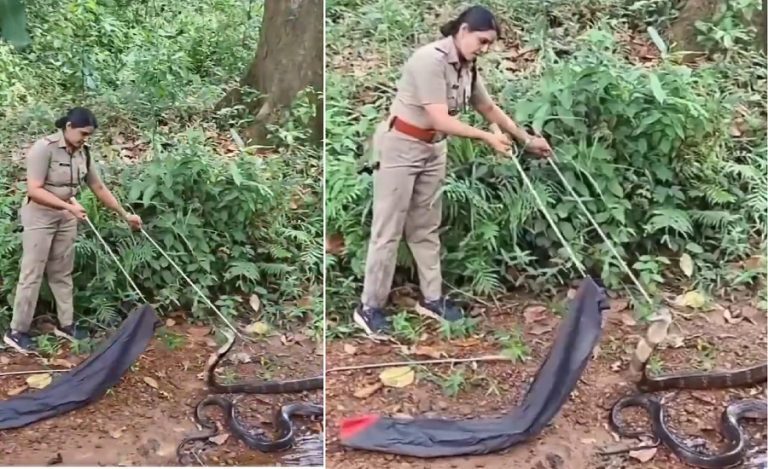The telephone call was at around 6 pm in the afternoon from a young IAS officer who was posted as Sub-Divisional Magistrate in Muzaffarnagar District in Uttar Pradesh. This was his first posting after completing his training. I could discern some desperation and urgency in his voice. He wanted to meet me to discuss an issue personally and he wanted to come over right away. I had settled in Noida after my superannuation. Muzaffarnagar was around three-hour drive from Noida. I personally had no problem with his dropping in even at an unearthly hour, so I asked him to come over. He arrived at my place at around 9.30 pm.
What the officer had to narrate surprised me. He mentioned that as the elections were round the corner, there were certain groups in Muzaffarnagar that were going around raising slogans that had the potential of creating communal tensions. When he tried to stop them, he got instructions from above not to interfere. He wanted my advice on such an issue.
LISTEN TO YOUR CONSCIENCE
Instead of responding to his question, I asked him what did his conscience say. He seemed to be clear that such activities should not be allowed. I then asked him whether he was prepared for the consequences of going ahead with it. He responded by saying that he could be transferred out. I then asked him whether getting transferred out worried him. He replied in the negative. Then I told him to go ahead and do what he thought should be done. He returned to Muzaffarnagar after this brief interaction.
I got to know later that he was transferred out. However, when he spoke to me a few days later on phone from his new place of posting, he appeared to be fairly satisfied with what he had done and he went on to add that his no-nonsense approach was benefitting him in the new place of posting.
WHAT DOES MENTORING ENTAIL?
Apart from lending my ear and asking a few questions, I had made no contribution to resolving the issues that the young officer faced. But it mattered. This is what mentoring is all about. I had myself benefitted on account of mentoring by senior officers when I had joined the service and I htried to keep up the tradition personally by being in touch with a large number of youngsters.
I do discern that governance is increasingly becoming trickier but a large number of senior officers blame the new crop of officers for the perceived loss of credibility of the IAS, little realizing that they too are responsible for such perception. I distinctly remember Chief Secretary of a large state lamenting that young officers are falling off the track. Ironically, he did precious little to make any correction through institutional arrangements which he could have possibly made.
WHAT PURPOSE DOES IT SERVE?
When young officers join the service, they aren’t fully conversant with the hurly burly of administration. A lot get to learn on the job and in association with the senior officers they work with. Mentoring entails being available to the youngsters for an interaction and to listen to them. This in itself would comfort the officers. It does not necessarily mean resolving the issues that they may be confronted with. It is more of an assurance that someone can be accessed in case there is a problem. It also entails some guidance when the officers face a dilemma and protection when he or she is not in the wrong, as also for bonafide mistakes.
Given the ‘distractions’ that young officers face, mentors can also keep the mentees ‘on track’ providing them with feedback through informal ‘warnings’ instead of them behind their backs and doing nothing about it, as is often the case now. It is better to confront the officer with the ‘feedback’ about him/her than just being a ‘silent’ critic.
IT SHOULD BE INSTITUTIONALIZED
As mentioned earlier, there are a number of officers that are informally mentoring junior officers. This needs to be institutionalized. To begin with, the task can be performed by the LBSNAA in conjunction with the respective Department of Personnel and Training in each state by identifying such senior officers (both serving and retired) that have impeccable credentials and are prepared to act as mentors. Young officers, as they pass out of the Academy can be attached to these mentors in small manageable groups. The mentor and mentees can be in touch with each other and let the relationship evolve. There would be issues to be begin with but the association will evolve and would mature over a period of time.
OMBUDSMAN LIKE INSTITUTION CAN HELP
The other institutional arrangement could be in the form of setting up of an Ombudsman like institution in each state by the respective State Associations. This would comprise two to three senior IAS Officers known for their integrity and their willingness to help. Apart from other functions, the Ombudsman would be available to all officers who have a grievance relating to a wrong allegation against them. They can submit to the Ombudsman and if the Ombudsman, after due inquiry, comes to the conclusion that the officer is being unduly harassed, the Association can assist and contest the case on behalf of the concerned officer. There are number of instances where honest officers are fighting their battles all alone. This sends a wrong signal.
The Ombudsman can also approach such officers suo-moto against whom there is a feedback or understanding that they are falling off the track. The officer then would be made to know that his conduct is being noticed and he can be counselled to ‘beware’.
The necessity of mentoring the officers cannot be overemphasized. In fact, given the manner in which the Service has evolved over the past few years wherein the so called 360-degree evaluation has left a number of officers devastated on account of its opaque nature, even the senior officers would require counselling. Tragically, this 360-degree evaluation has been borrowed from the private sector but not implemented in letter and spirit. In the government, not only has the process left a lot to be desired, there is no interaction with the officer who is left high and dry unlike the private sector where there is an intensive interaction with the concerned person before deciding his fate.
A lot needs to be done. Should be done. However, a beginning can easily be made.

